
Easily Good Eats Polenta/Semolina Crackers Recipe
Nutrients. In terms of nutrition, polenta is much better than semolina because it has very few calories. It also has carbs, a little bit of protein, and a little bit of fiber. Semolina, on the other hand, has a lot of protein, zinc, phosphorus, and potassium in it.
:max_bytes(150000):strip_icc()/SLV_infographics_polenta-and-grits_illustration-by-Corinne-Mucha-1-2000-bdc76da77cc34c29ac45824cab548c95.jpg)
What's The Difference Between Polenta And Grits?
Nigella's Lemon Polenta Cake (from KITCHEN) is made with a combination of polenta or cornmeal plus ground almonds (almond meal). The cake is gluten free and deliciously moist. Unfortunately you can't make the cake with plain (all-purpose) flour as a substitute for the polenta as flour absorbs liquid at a different rate to the polenta and the.
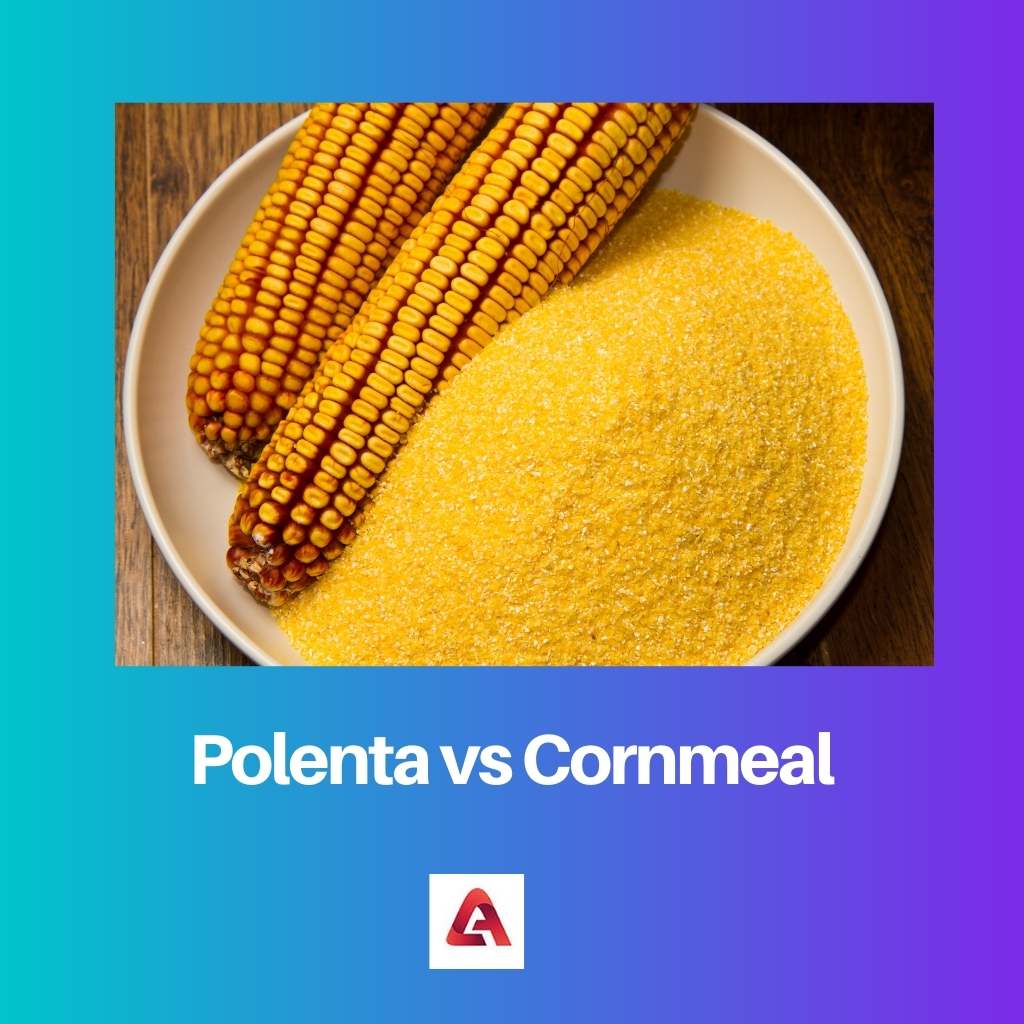
Polenta vs Cornmeal Difference and Comparison
Sweet semolina and polenta are used in both. semolina, on the other hand, has a nutty flavor unlike polenta, which has a milder flavor. More information about Semolina can be found here. semolina contains more gluten than polenta. If you are on a low gluten diet, you should avoid using polenta and instead use gluten-free flour.
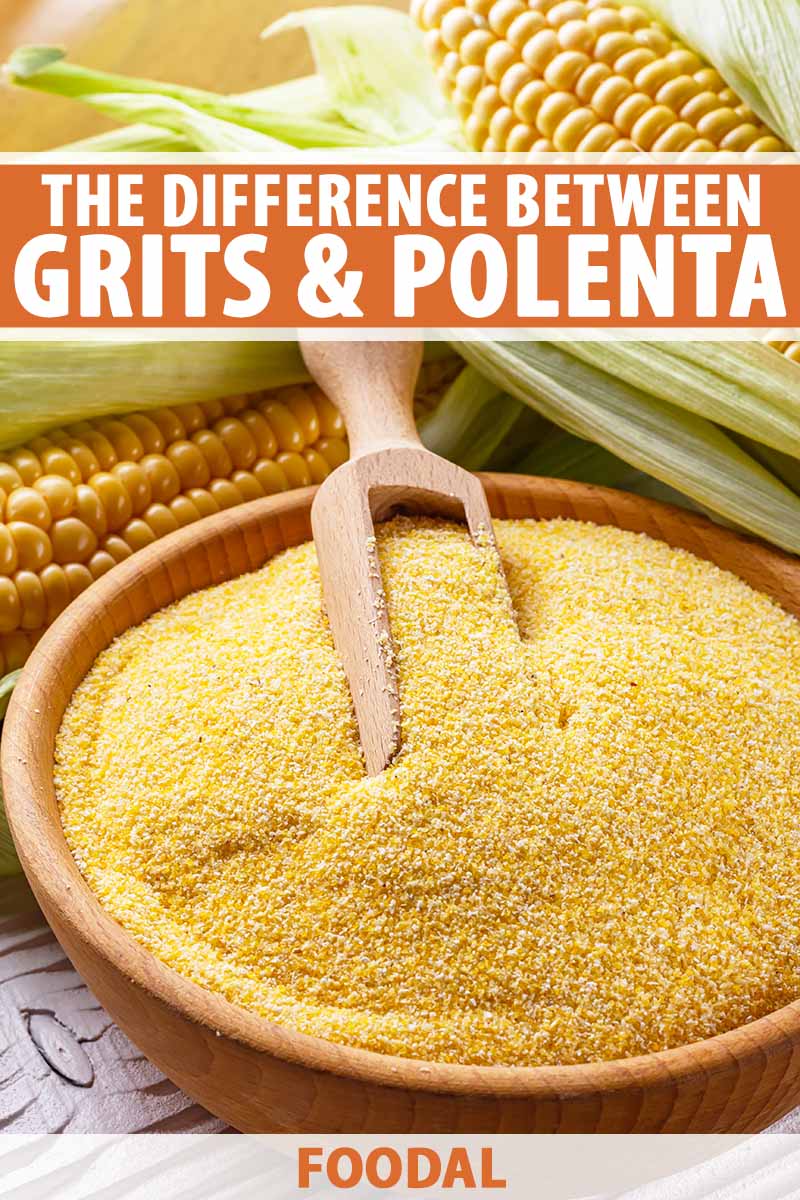
What’s the Difference Between Grits and Polenta? Foodal
75 of The Top 100 Retailers Can Be Found on eBay. Find Great Deals from the Top Retailers. eBay Is Here For You with Money Back Guarantee and Easy Return. Get Your Polenta Today!

FLOAT FISHING SEMOLINA PASTA vs POLENTA WHO WOULD HAVE THOUGHT!?! YouTube
There are several differences between and polenta. are usually made of white corn, whereas polenta is always made of yellow corn. Polenta is coarser and flakier than grits, so in its cooked form it's chewier. Grits are finer and softer, and they become gelatinous when cooked.

Polenta vs. Grits What Are The Differences? How to Tell Fitibility
Jul 27, 2022. Semolina. Semolina is the coarse, purified wheat middlings (intermediate milling stage) of durum wheat mainly used in making couscous, pasta, and sweet puddings. The term semolina is also used to designate coarse middlings from other varieties of wheat, and sometimes other grains (such as rice or corn) as well. Jul 27, 2022. Polenta.
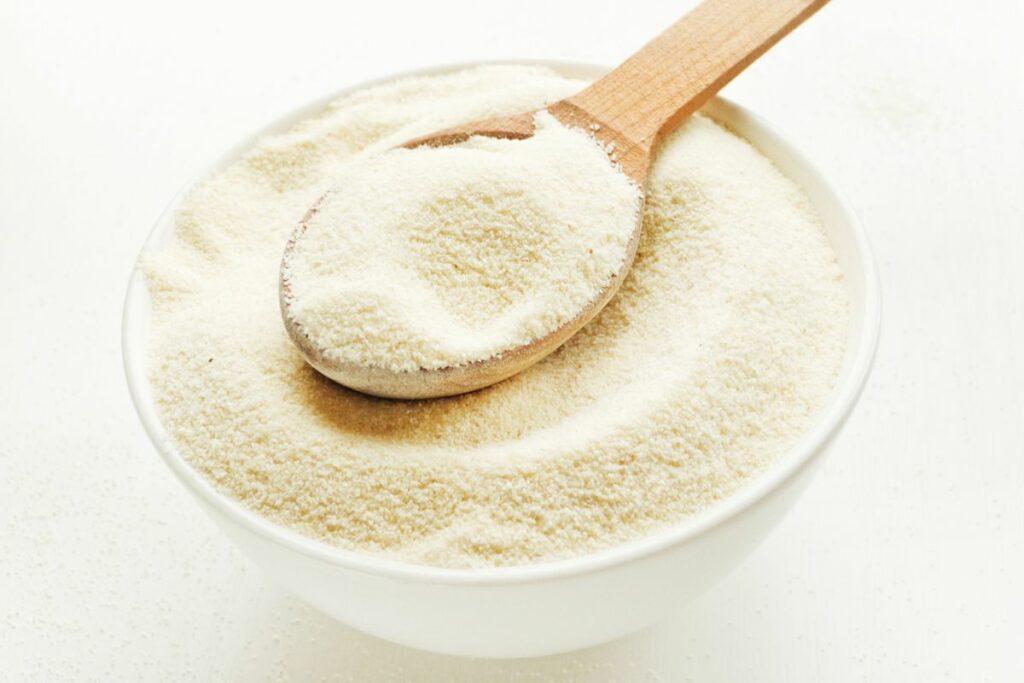
Semolina Vs Polenta All You Can Ask About Them! Seasonal & Savory
We would like to show you a description here but the site won't allow us.
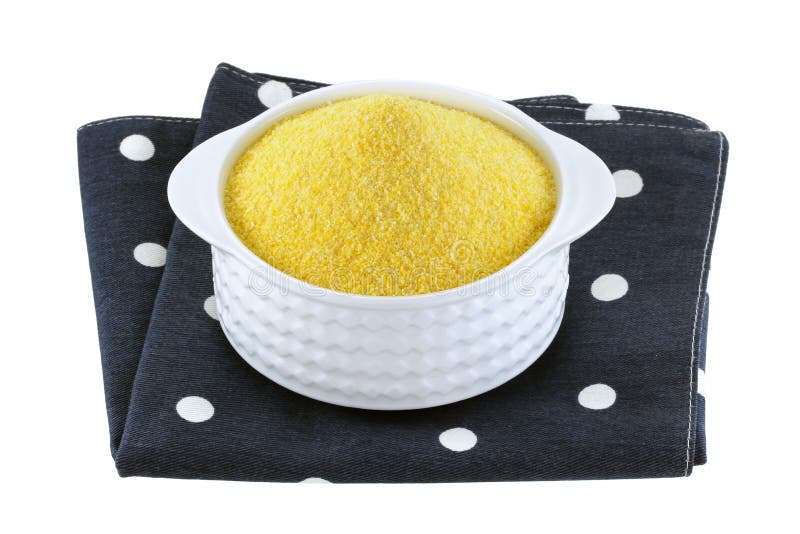
Polenta (yellow Cornmeal, Semolina) Stock Image Image of hulled, close 42069275
It's dried and ground corn, ranging in texture from fine to coarse. Most commercial cornmeal is made from either yellow or white dent corn and milled via steel rollers, which gives it a uniform.

Polenta vs Semolina When To Use Each One? What To Consider
The main difference you may be able to see is that semolina is a good bit coarser than traditional flour, and may be darker and more golden in color (but this will depend on the specific varieties). Semolina can have a more earthy aroma than common wheat flours as well, but you likely will not notice that until after you get home!
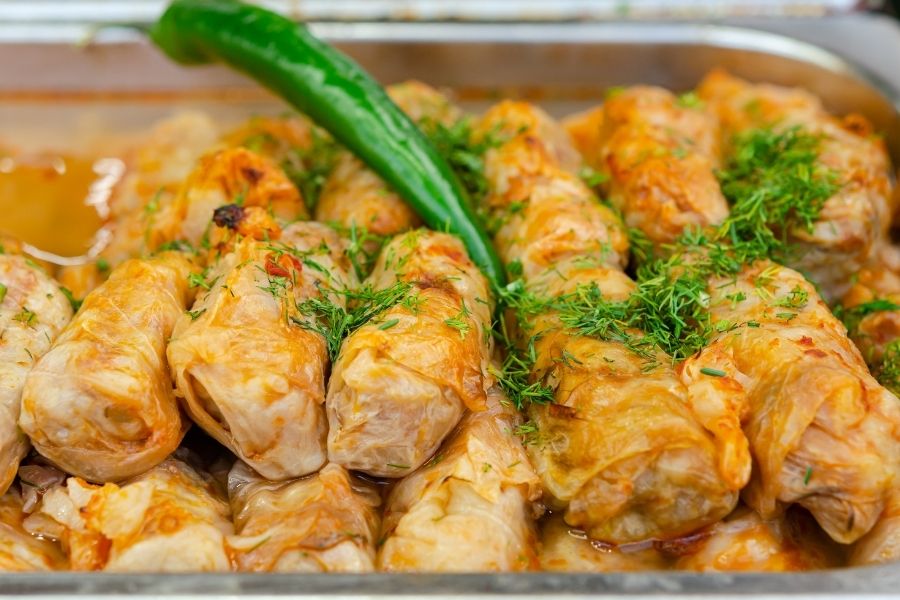
Semolina Vs Polenta They Are Not The Same Thing Foodiosity
Benefits. Polenta contains carbohydrates and protein. A 30-gram tablespoon of polent flour provides: 24 g of carbohydrate. 2 g of protein. 1 g of fiber. 0.6 mg of iron. Certain varieties of.
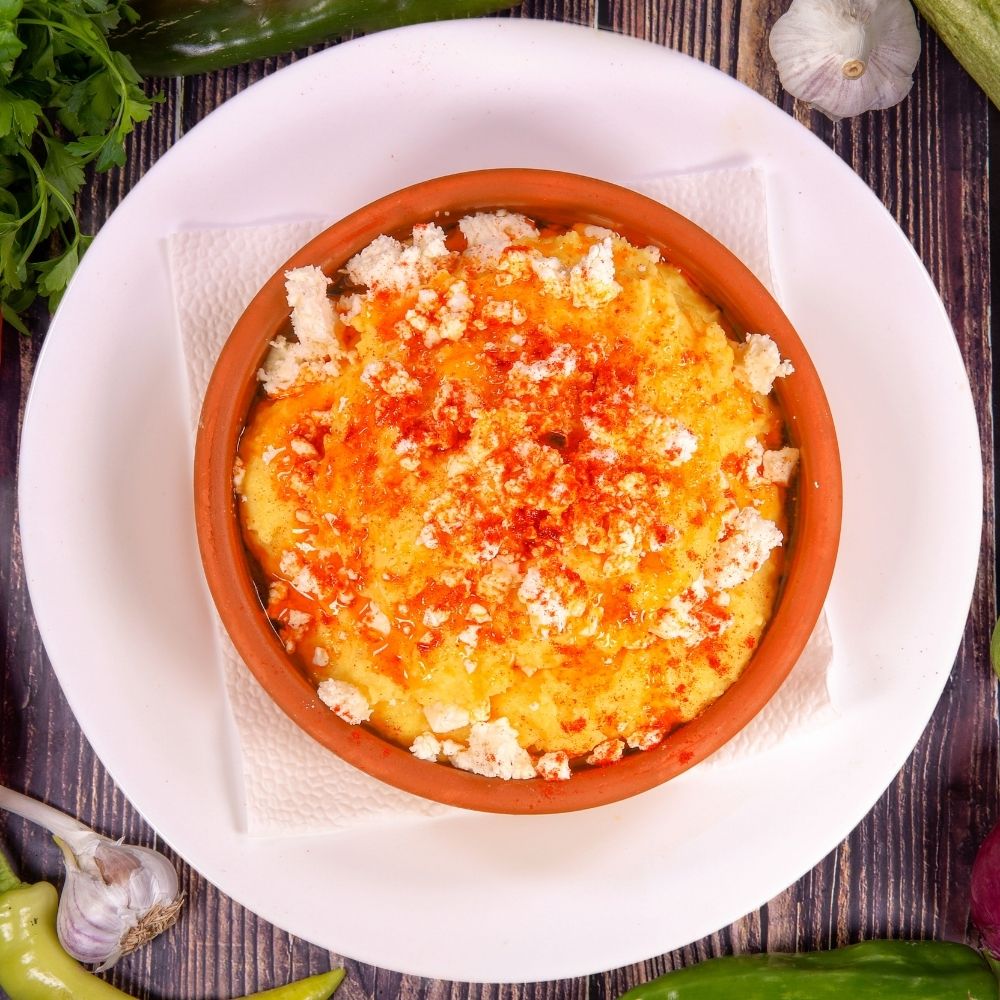
Semolina Vs Polenta They Are Not The Same Thing Foodiosity
As nouns the difference between semolina and polenta. is that semolina is coarse grains produced at an intermediate stage of wheat flour milling while polenta is any of various types and consistencies of a starchy accompaniment to a meal made from coarse maize-meal porridge, sometimes fried or grilled.
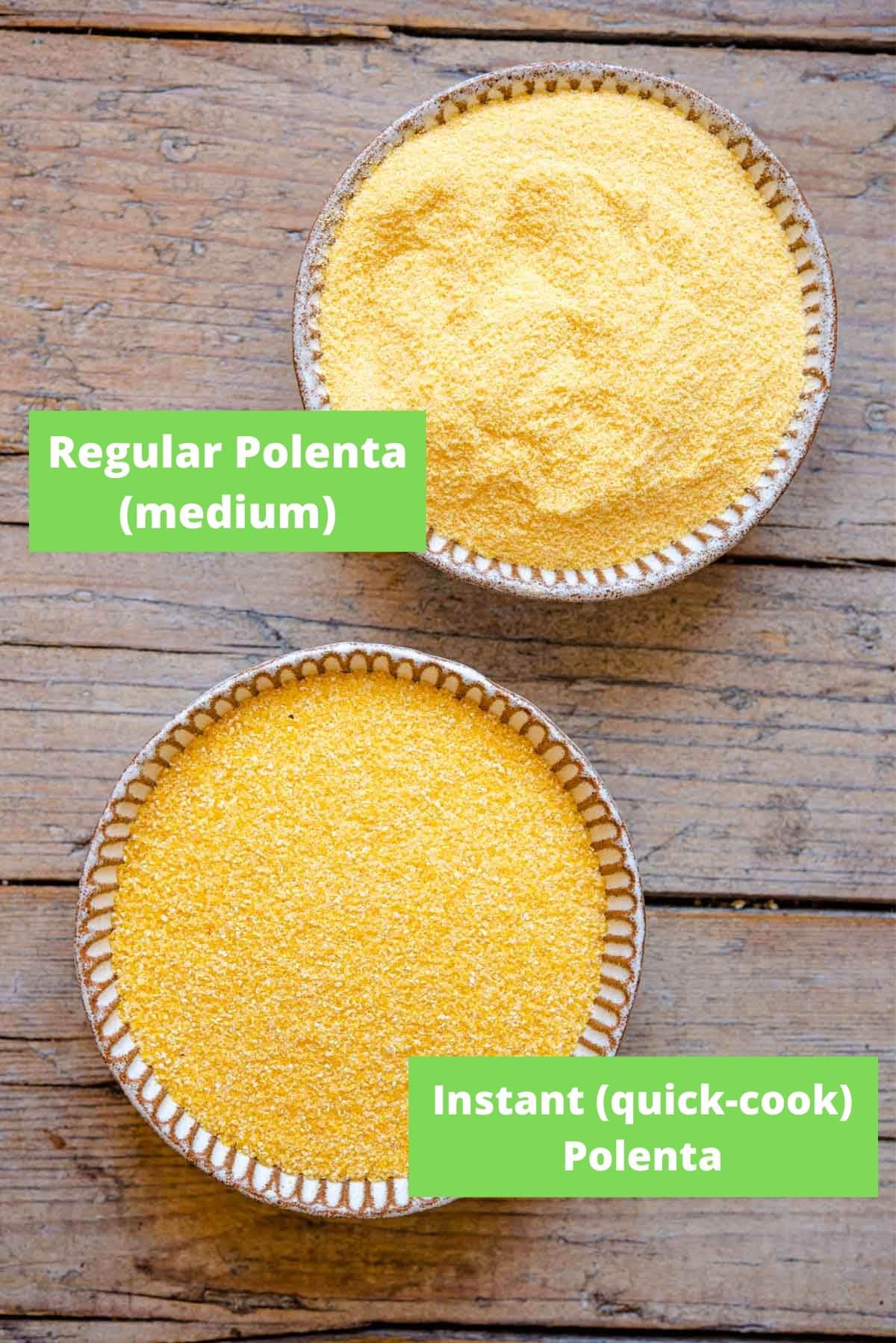
Creamy Polenta (Italian Cornmeal) Inside The Rustic Kitchen
Basic Definitions and Differences Semolina and polenta are both grain-based products used in cooking but they come from different sources and possess unique characteristics. What is Semolina Semolina is a coarse flour made from durum wheat, a hard type of wheat with high protein and gluten content.
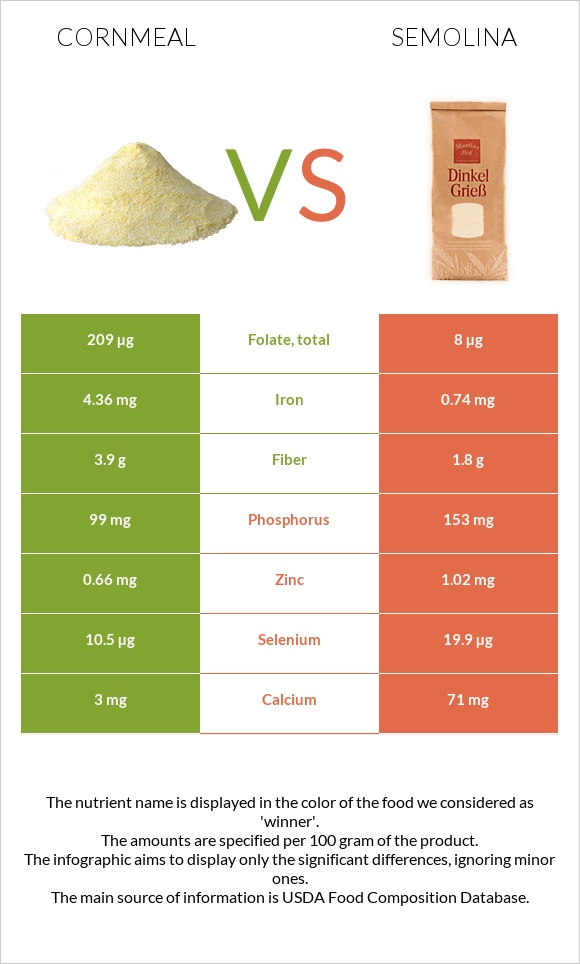
Cornmeal vs. Semolina — InDepth Nutrition Comparison
Semolina is made from durum wheat, while polenta is made from cornmeal which brings us to the next differences. -Texture. Cornmeal has a finer texture than semolina which can impact the texture of the recipe you are going for. -Taste. Semolina tastes similar to polenta, both are a bit sweet, but semolina has a nuttier taste.
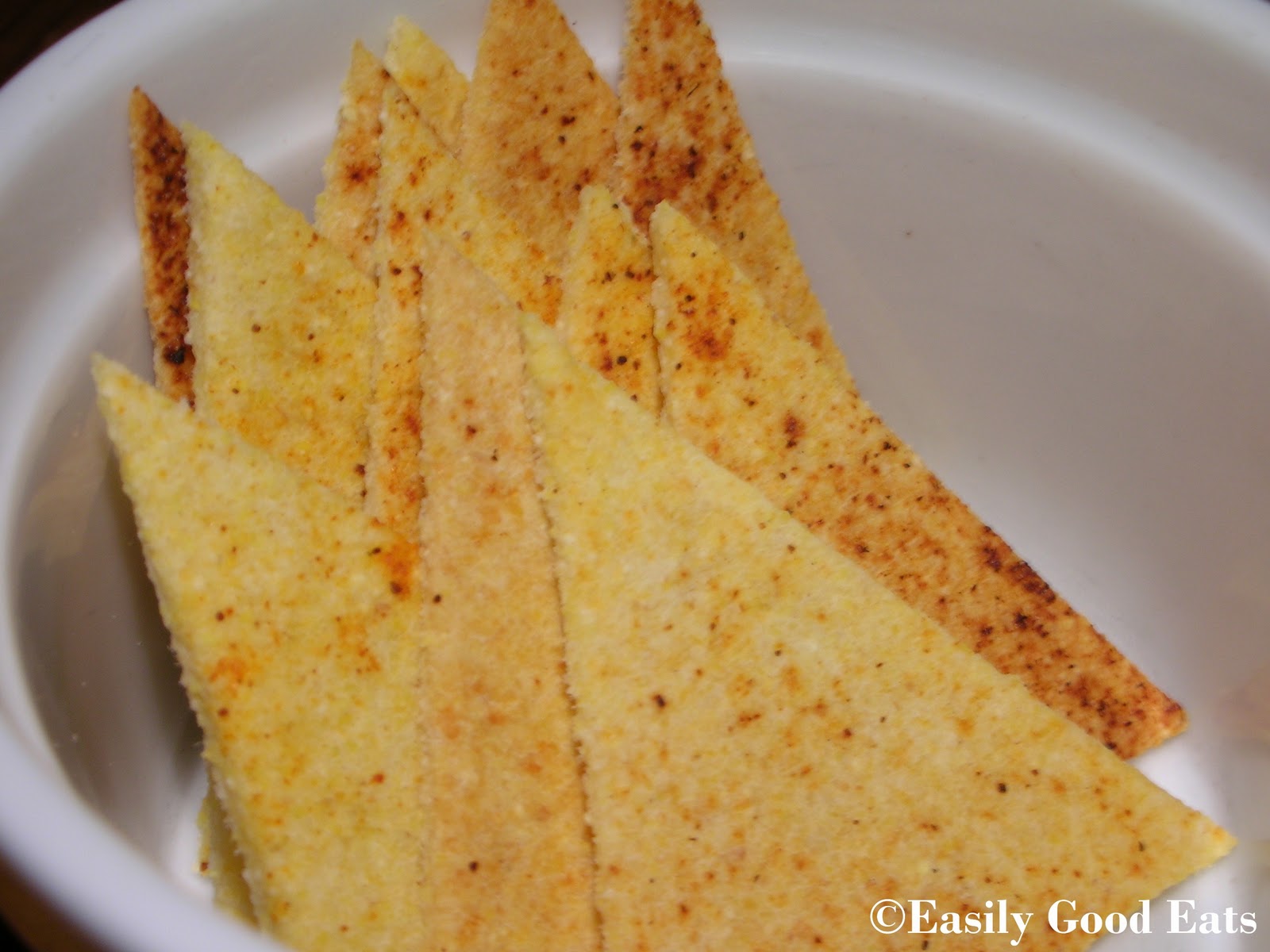
Easily Good Eats Polenta/Semolina Crackers Recipe
In summary, semolina and polenta may appear similar, but they are distinct ingredients. Semolina is derived from wheat, while polenta is made from corn. Therefore, they cannot be used interchangeably in all cases. Although there may be instances where one can substitute for the other, it is important to note that the resulting dish may not turn out as intended. It is essential to consider the.
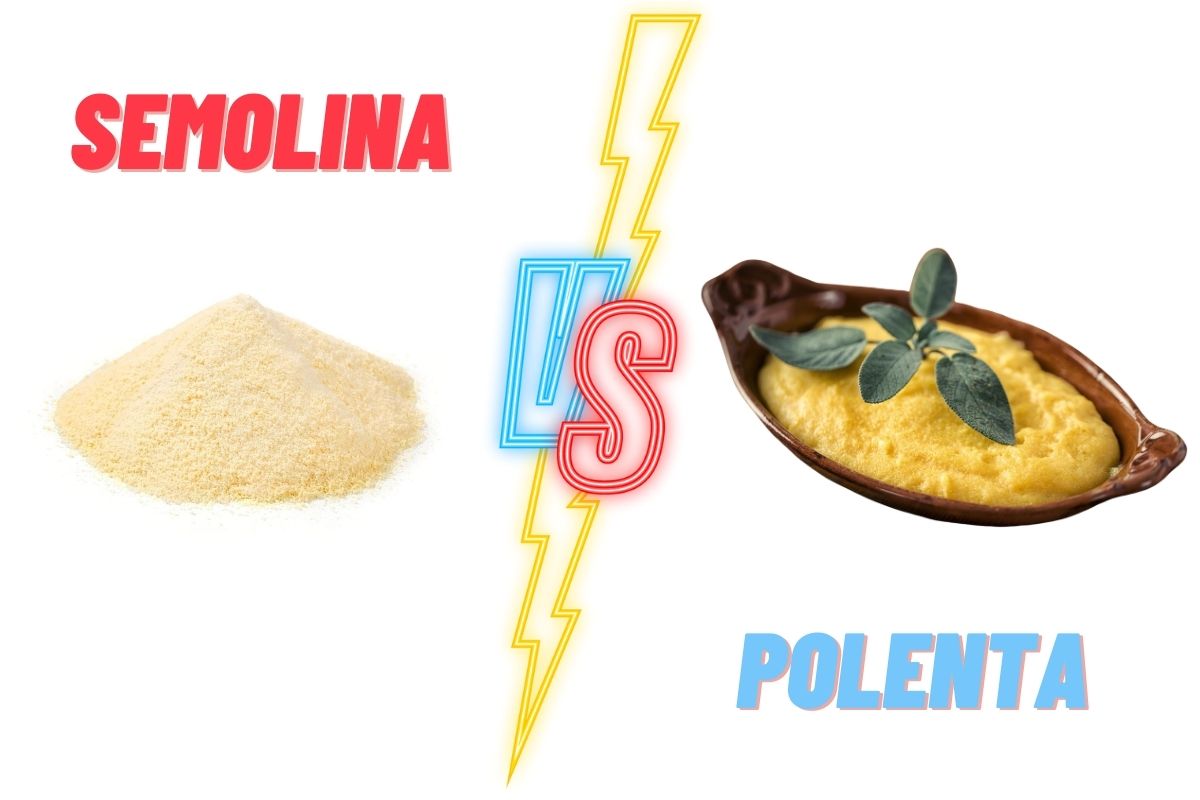
Semolina Vs Polenta All You Can Ask About Them! Seasonal & Savory
When comparing the nutritional profiles of semolina and polenta, several key differences emerge. Firstly, semolina tends to be higher in calories, carbohydrates, and protein compared to polenta. This makes semolina a more energy-dense option, which can be beneficial for individuals with higher energy needs.
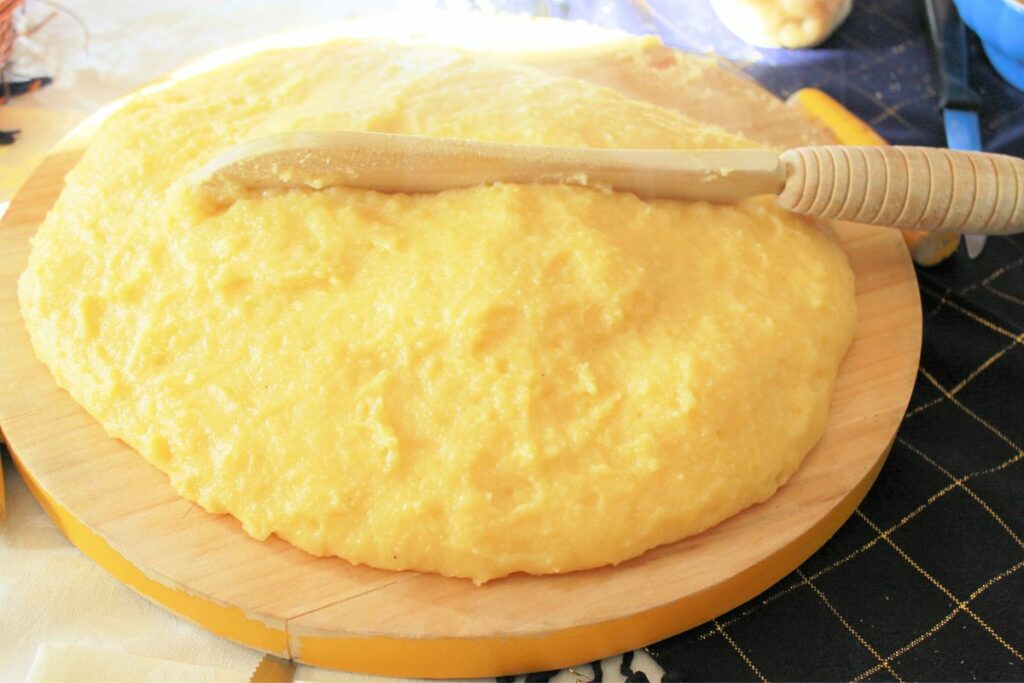
Semolina Vs Polenta All You Can Ask About Them! Seasonal & Savory
What To Consider Polenta vs Semolina: When To Use Each One? What To Consider Home » Grammar » Word Usage Polenta and semolina are two types of grains that are often used in cooking. While they may look similar, they have distinct differences that set them apart.